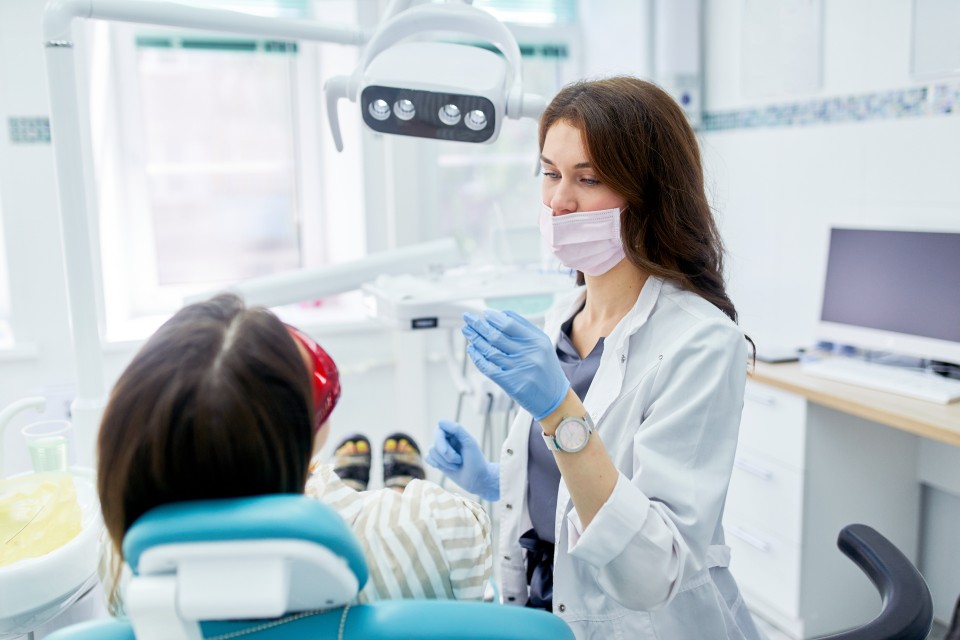26 March 2025 |
5 minutes
Spring Statement 2025: What it means for dentists

Rachel Reeves, the Chancellor of the Exchequer, delivered her much-anticipated Spring Statement today, but for dental professionals, it left more questions than answers.
While the statement primarily focused on the UK’s economic and fiscal outlook, rather than announcing sweeping policy changes, it did little to ease the financial pressures facing dental practices and professionals.
Key takeaways for dentists
Essentially, the key takeaway for dentists is to prepare for previously confirmed changes to tax thresholds, frozen thresholds and changes to what will qualify towards certain tax allowances.
Pensions and Inheritance Tax (IHT)
Plans to bring pensions into the scope of Inheritance Tax from 2027 remain unchanged, despite growing concern from dental professionals. The IHT thresholds have been frozen until 2030, offering no relief for those planning to pass down wealth. Consulting a specialist financial adviser could help navigate the complex IHT rules and secure the best outcome for your financial goals.
Income Tax
Income tax thresholds remain frozen until 2028, meaning more dental professionals could find themselves pushed into higher tax brackets due to wage increases — a form of ‘stealth tax’ that increases tax burdens without adjusting rates.
National Insurance (NI)
Employer NI contributions will rise next week, with the threshold for contributions dropping from £9,100 to £5,000. The rate will increase from 13.8% to 15%, adding more pressure on practice owners’ bottom lines.
Abolition of non-dom status
Currently, non-domiciled (non-dom) individuals — those whose permanent home is outside the UK — can avoid paying UK tax on their overseas income and gains, provided the funds are not brought into the UK. Dentists with non-dom status or international financial interests could benefit from seeking specialist advice to assess the impact and explore alternative strategies to protect their wealth.
Private school fees
After having the 20% VAT rate being added to private school fees since 1 January 2025, funding for private schools is still set to decrease, potentially leading to increased fees for parents. Dentists with children in private education may need to revisit their education fee planning strategies.
Stamp Duty changes
No extension to the Stamp Duty relief deadline was announced. From April 1, 2025, the first-time buyer threshold will drop from £425,000 to £300,000. Properties over £500,000 will be subject to the same rates as second-time buyers, increasing costs for home movers. Additionally, 75% of councils in England will introduce a discretionary charge from April, doubling the tax on second homes.
Iain Stevenson, Head of Dental at Wesleyan Financial Services, commented: "Many practices will still be absorbing the measures from the previous Budget, including hikes to employers’ National Insurance and the National Living Wage starting next week. While there was some relief that no new employer taxes were introduced today, nothing was announced to ease the existing financial burden either."
He added: "The lack of clarity around pensions and Inheritance Tax remains a key concern. IHT is a complex area, and seeking advice from a specialist financial adviser could help ensure you’re prepared for the changes."
Please note Inheritance Tax Planning is not regulated by the Financial Conduct Authority (FCA).
Need guidance?
The Spring Statement may have been light on new policies, but its implications for dentists are clear: rising costs, frozen thresholds, and growing tax burdens mean that financial planning is more important than ever.
For tailored financial advice on how these upcoming changes could affect your personal and business finances, book a review with a Specialist Dental Financial Adviser.
Charges may apply. You will not be charged until you have agreed to the services you require and the associated costs.
Tax treatment depends on individual circumstances and is subject to change in future.